Read this if you’re a new investor
At the most basic level, new investors who want to get started have two approaches.
First, they can buy real estate through direct investing.
People who are direct investors research, purchase a property, manage that property with landlord duties, and manage accounting, taxes, and legal. Direct investing is a large commitment (and sometimes a full-time job), but it can produce higher returns and gives investors independence.
The second option is to let someone else use your money to buy real estate. This option can take numerous forms but the basic idea stays the same. For many investors, real estate investing is expensive, involves a lot of labor, and is time consuming and it makes more sense to let someone else handle all the hard stuff.
If you’re new, and you’re not ready to quit your day job, we suggest option two.
Here are two ways you can invest in real estate without having to purchase a property.
REITs
Real estate investment trusts (“REITs”) are corporations whose business is investing in real estate.
To become a REIT, a corporation needs to do a few things, including:
- Earn most of their profits from real estate investing
- Make ownership shares available to investors
- Pass along at least 90% of their operating income to their shareholders as dividends or distributions
In exchange, the REIT gets some tax benefits, including not having to pay income tax. Shareholders still have to pay tax on their gains, but because those gains haven’t already been taxed once when they pass through the REIT, shareholders functionally make more money.
REITs are ideal for investors who want investing in real estate to be as simple as their brokerage app. Public REITs are publicly-traded companies and retail investors buy some shares and wait for the dividends to roll in. That allows just about anybody with a few hundred bucks to benefit from the advantages of investing in real estate: consistent demand and protecting against inflation.
REITs can simultaneously finance many deals. Owning and operating many properties mitigates risk and can increase returns, something that most direct investors can’t do.
Because public REITs are exchange-traded, they’re buying simplicity at the cost of stability. Any exchange-traded asset will be exposed to market fluctuations. That’s not necessarily fatal, but definitely something to consider.
Some firms offer so-called private REITs, which give investors more control, stability, and strategy — but at the cost of accessibility. Private real estate investment opportunities come with higher buy-in costs and less liquidity and might not be the right choice for investors who are new to real estate investing.
Equity Crowdfunding
REITs and equity crowdfunding are similar.
Both types of real estate investing solve the same problem: investing in real estate is expensive and complicated, and investors with less capital need investment options.
REITs and equity crowdfunding use two strategies to mitigate these problems:
- Gather individual investors’ capital to purchase larger properties
- Hire professionals to manage daily operations and strategic decisions
REITs are typically pretty big ventures that manage large amounts of property, equity crowdfunding focuses on smaller deals.
Crowdfunding allows a deal sponsor (the person in charge of collecting checks) up to $5 million in total funds per 12-month period. Equity crowdfunding is open to anyone (accredited or unaccredited).
In a crowdfunding venture, a group of investors can contribute a relatively small amount of money to collectively acquire properties. Investment properties can be too expensive for individuals to purchase and crowdfunding is a great accessible option.
On paper, the advantages of equity crowdfunding look pretty similar to those associated with REITs:
- Accessible to almost everyone
- Allows acquisition of higher-quality assets
- Dilutes risk by increasing number of stakeholders and decreasing size of individual contribution
The real advantage of equity crowdfunding is that it can unlock a private equity-like experience for non-accredited investors: send a check to the deal sponsor, commit capital for a certain period of time, and wait for the distributions. Investors who choose equity crowdfunding are buying into a smaller, more targeted investment, and they’re entitled to a direct cut of the proceeds, which can bring returns in line with private equity real estate investing.
However, equity crowdfunding has some disadvantages compared to REITs:
- Low liquidity, which means you can’t get out quickly without paying a penalty
- Smaller-scale operation, which means a smaller asset pool and more risk
- Hidden fees
Because equity crowdfunding is relatively new, it’s a bit like the wild west of real estate. Investors should do their research because some deal sponsors don’t have the proven track records of success that many established REITs and private equity real estate firms do.
Conclusion
We’re real estate professionals, not personal finance experts, so you should not use this as official investment advice. Everyone’s situation is different.
If you have a more-established portfolio, or you have a higher risk tolerance, equity crowdfunding can be a great way to dip your toe into the private equity waters and earn higher returns on strategic investments. As long as your portfolio is generally diverse and balanced, equity crowdfunding can be a great option.
If you’re a really new investor, you should be buying REITs. They’re simpler, easier to research, and offer very high liquidity, which helps lower risk. The best ones have proven track records and offer returns comparable to — if not better than — traditional indices like the S&P 500, while offering superior resistance to inflation and recession. And Birgo might have something up their sleeve soon.


.avif)
